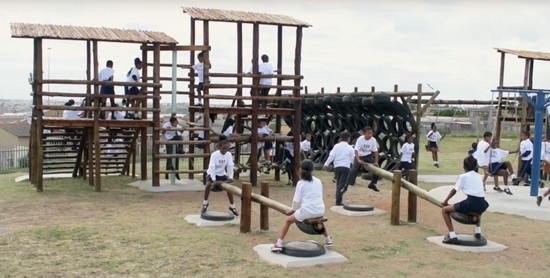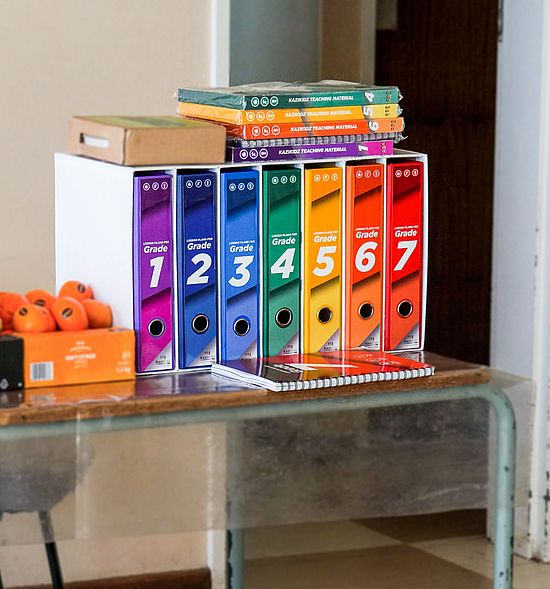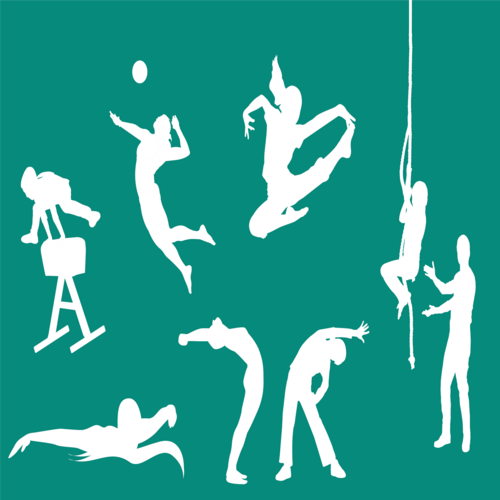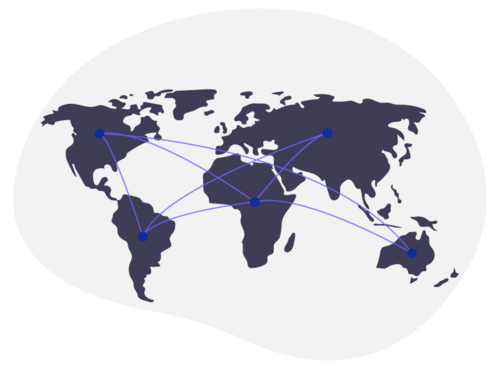Vision and Mission
Physical Activity is key to promote health and wellbeing among school children.
Learning this at a young age will have long lasting effects throughout life.
Especially children from low- and middle-income countries carry a double burden by communicable and non-communicable diseases.


Contribution to this Challenge with school-based Interventions
The KaziKidz Toolkit to teach children about physical education, health and hygiene.
The KaziHealth Toolkit to educate and empower teachers.
Through the implementation of Short Learning Programmes (SLPs, accredited by the South African Council for Educators [SACE]), which support the continuous professional development (CPD) of teachers.
Ethical Principles of this UNESCO Chair

Ethical Principles: By our research work, we are acknowledging that cultural diversity in physical education, physical activity and sport includes physical play, recreation, dance, organised sport, recreational sport, competitive sport and traditional and indigenous sports and games.
Therefore, the following articles of the UNESCO International Charter on Physical Education, Physical Activity and Sport (adopted in 1978) are relevant to the Chair and its research work and serve as guidelines for future activities and projects:
- Article 4 - Physical education, physical activity and sport programmes must inspire lifelong participation.
- Article 6 - Research, evidence and evaluation are indispensable components for the development of physical education, physical activity and sport.
- Article 7 - Teaching, coaching and administration of physical education, physical activity and sport must be performed by qualified personnel.
- Article 8 - Adequate and safe spaces, facilities and equipment are essential to quality physical education, physical activity and sport.
Strategic Goals of this UNESCO Chair

Goal 1
Research and Implement KaziKidz and KaziHealth
- Evaluate and enhance both toolkits through real-life studies and use.
- Disseminate among schools in the Eastern Cape, South Africa, and other regions of the world.
- Regionally enhance with the knowledge of local experts and advisors.

Goal 2
Promote Collaboration among Researchers from Africa, Switzerland and other Regions
- Initiate study- and research-opportunities for students.
- Organise conferences and workshops for teachers and researchers.
- Promote collaboration between schools throughout Africa and other low-and-middle income countries.

Goal 3
Collaborate with UNESCO and existing UNESCO Chairs
- Strengthen collaboration and partnerships on relevant programmes and activities.
- Promote regional and national policy changes.

Goal 4
Contribute to Sustainable Development Goal 3
- SDG 3: Ensure healthy lives and promote wellbeing for all at all ages.
- Contribute against the spread of non-communicable diseases (NCDs) in children from marginalized communities in middle-to-low-income countries.
- Support teachers from disadvantaged communities in middle-to-low-income countries to lead an active life (and avoid the further spread of NCDs).

Goal 5
Contribute to Sustainable Development Goal 4
- SDG 4: Ensure inclusive and equitable quality education and promote lifelong learning opportunities for all.
- Providing study materials for primary school children - The KaziKidz Teaching Material - to contribute to health literacy.
- To offer teachers a health program - KaziHealth: Teachers' Health Promotion Programme - that will contribute to improving clinically relevant health parameters.
Quick Links
